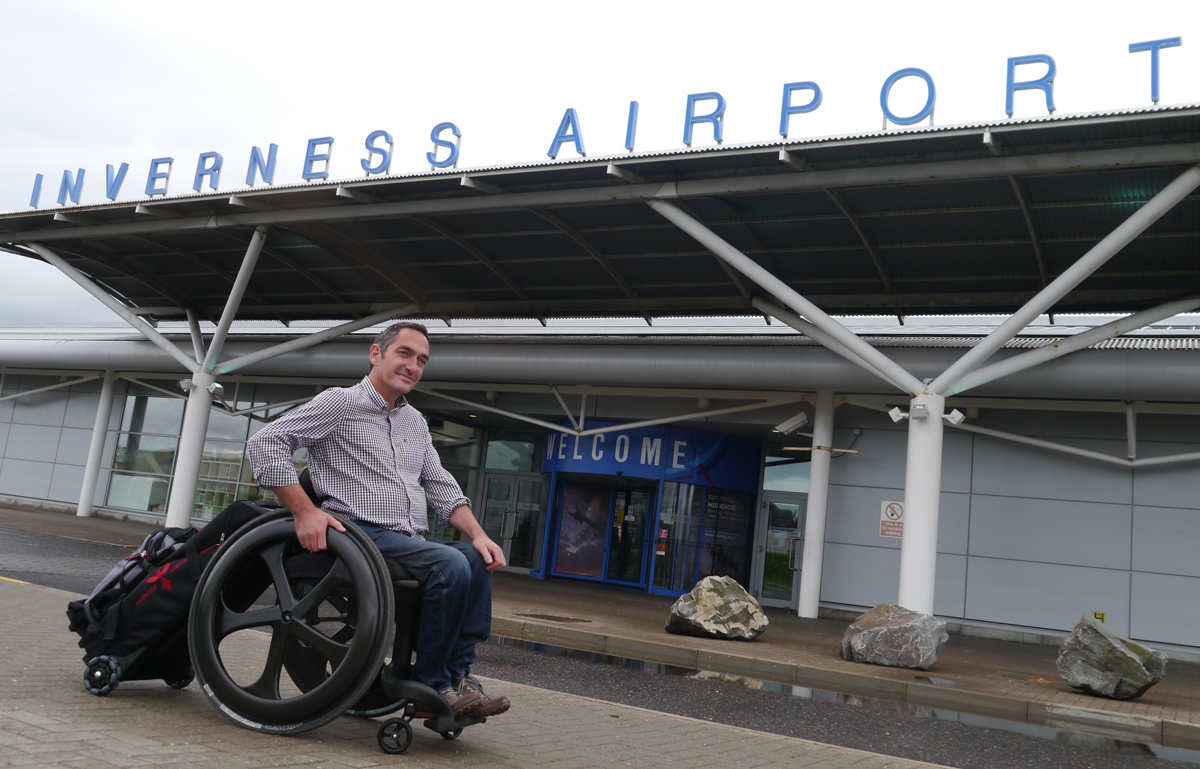
The world’s airlines have adopted a resolution that puts improving travel for disabled passengers at the top of their to-do list. At the International Air Transport Association annual meeting in June, the industry trade group committed to “ensuring that passengers with disabilities have access to safe, reliable and dignified travel.”
“This is the first time IATA has recognized this on an international level. And this is in good timing with the UN Convention on the Rights of Persons with Disabilities. Globally the time is right,” said Eric Lipp, the founder of Open Doors Organization, an advocacy group focused on accessible travel and tourism.
The resolution follows an internal survey of the world’s airlines that showed requests for wheelchair assistance rose 30% between 2016 and 2017. At the same time, data from the U.S. Department of Transportation paints a bleak picture of the way airlines are currently handling wheelchairs and other mobility devices. In the first four months of 2019, airlines mishandled or damaged 2,744 wheelchair or scooters in the United States. That data is now available thanks to accessibility reforms included in the FAA Reauthorization Act of 2018.
In the resolution, the IATA recognized that damage to mobility devices is a major concern for disabled passengers. It is considering the development of industry-wide standard and practices for handling and loading of mobility devices. “We know that many passengers with disabilities rely absolutely on their mobility aids and we recognize that any damage to them can be a serious, even traumatic, issue. Our aim is to ensure that passengers with disabilities can travel with peace of mind knowing their mobility aids will arrive undamaged and fit for use,” said Alexandre de Juniac, the director general and CEO of the IATA, in a release following the resolution.
While the resolution is largely devoid of specifics, accessible travel watchers are pleased that airlines are finally starting to recognize that disabled passengers represent a major and increasingly valuable customer base. And thanks to the damage data now available, they’ll be able to track whether the IATA’s resolution has any measurable effect.
** This post was originally published on http://www.newmobility.com/2019/07/disabled-travel-airlines/

